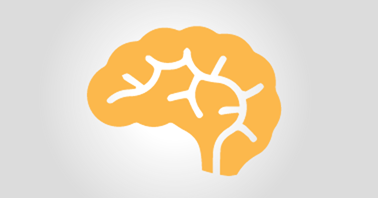by Ben Fuchs
Human beings love to be stoned. Despite police and prison and pecuniary penalties, the human intoxication impulse is apparently insatiable. And, as it turns out, there’s a biochemical basis to our brain’s desires for deliriousness.
In many ways human neurology is literally hardwired to be high. For example, our brains make chemicals called peptides that activate the same cells that marijuana does. Essentially, we make our own pot. We’re all literally pot heads.
And that’s not all. Our brains make peptides that activate the same cells as amphetamine and cocaine too. In other words, in addition to making our own marijuana we make our coke and speed. We make our own valium and Vicodin too. Endogenous human peptides it seems are also behind lots of drug effects and drug addictions.
One of the most famous of the drug-like brain peptides are the natural heroin like ones. They’re called endorphins which is a chemical way of saying, natural morphine like substances. “End-orphins” are internal morphine like substances. Some of these peptides that activate the opiate receptors that cause pain relief and relaxation effects are found in grains and flour. These are called exorphins and you can think of them as external opiates as opposed to end-orphins. Nonetheless they are a peptide and they can induce relaxing effect. This is one reason why these foods are called “comfort foods”.
At least one of these bread- brain peptides has a troubling nature. By now everyone has heard of gluten, which is a particularly problematic peptide complex that’s found in flour. Although most people are aware of how gluten can impact their intestines, constipation, loose stools, cramping and bloating are all common effects of gluten intolerance, what is less well-known what the toxic grain chemical can do the brain. In fact, as it turns out, our cranial computers are the organs most likely to be effected by gluten intolerance.
In his new book, Dr. David Pelmutter flatly states that “Grain Brain” the apt title of his expose on the brain busting effects of bread and other floury foods, can affect the formation of nerve cells and increase the risk of cognitive difficulties that can become progressively worse over time.
According to Dr. Pelmutter a diet heavy in these types of carbohydrate comestibles can increase risks for dementia, ADHD, anxiety, Tourette’s syndrome, mental illness, migraines and autism. And, Dr. Russell Blaylock, author of “Excitotoxins, the Taste That Kills” considers, gluten containing grains to be a primary source of excitotoxicity, a particularly pathological process where brain cells are excessively stimulated and ultimately damaged and killed. The most likely gluten containing grains and the ones best avoided, according to Dr. Blaylock are: wheat, rye, bulgur, couscous, spelt, kamut, semolina, triticale and einkorn.



